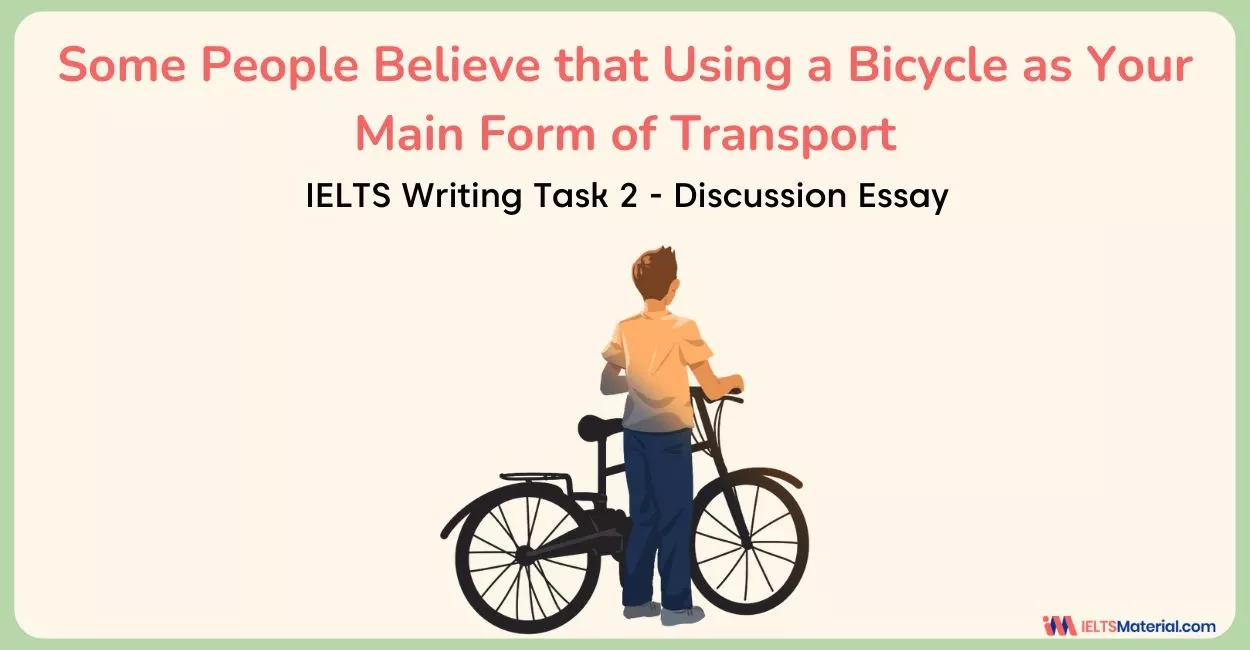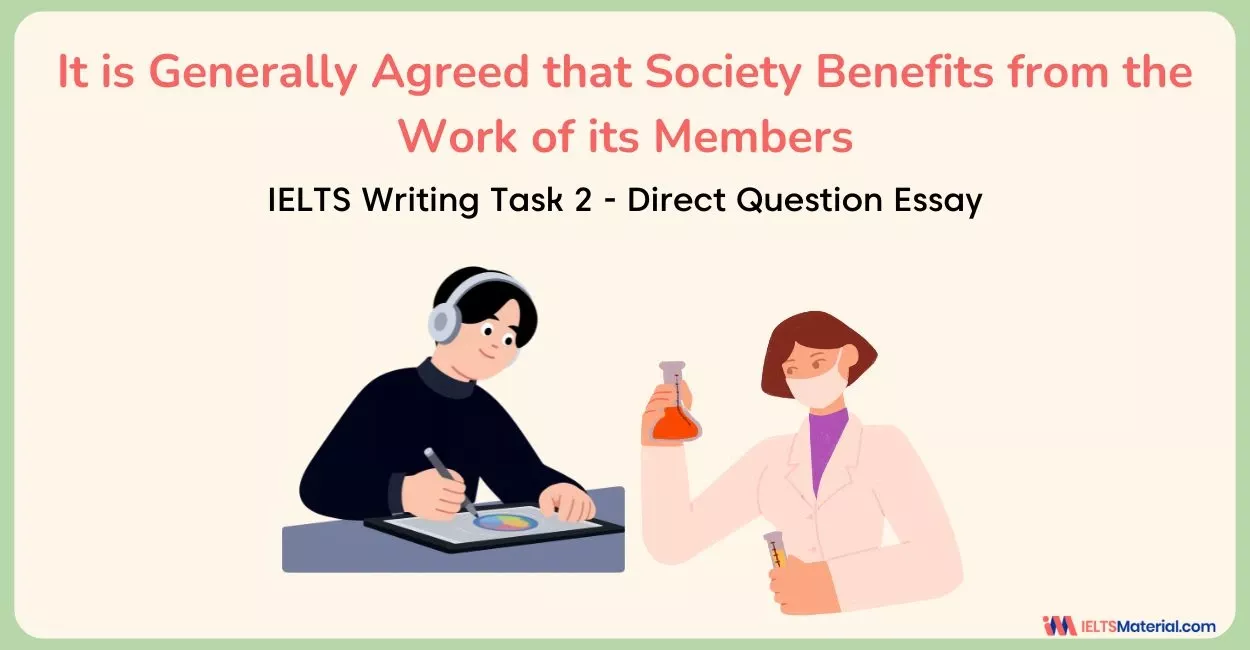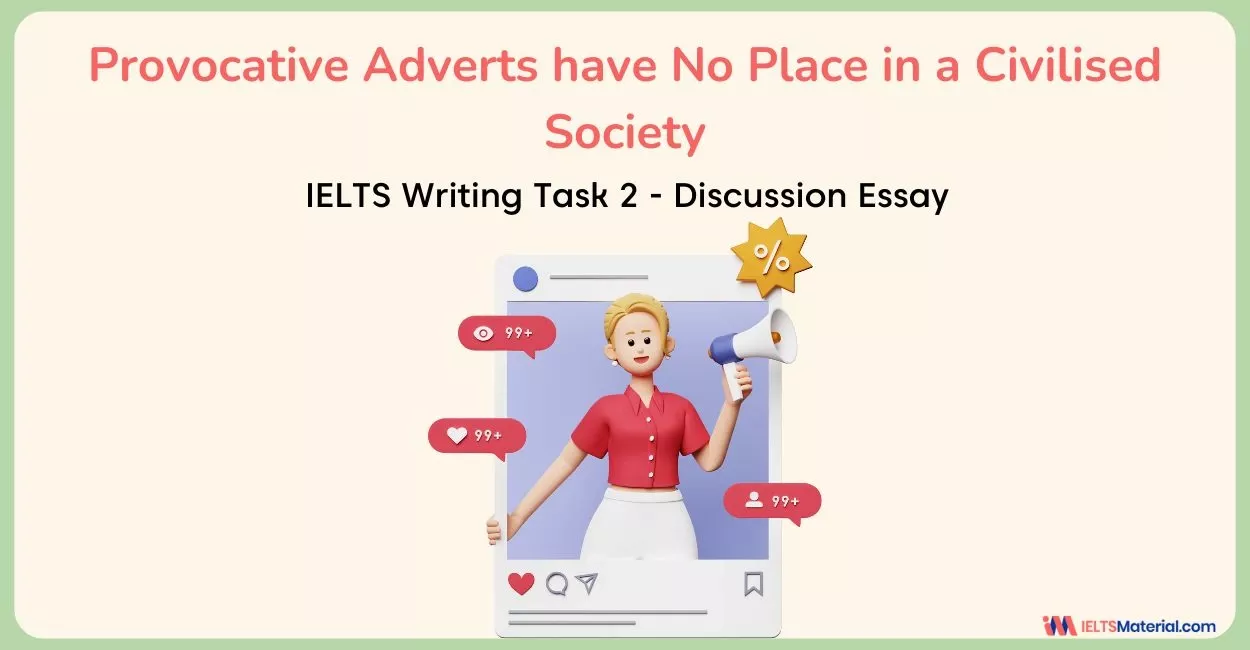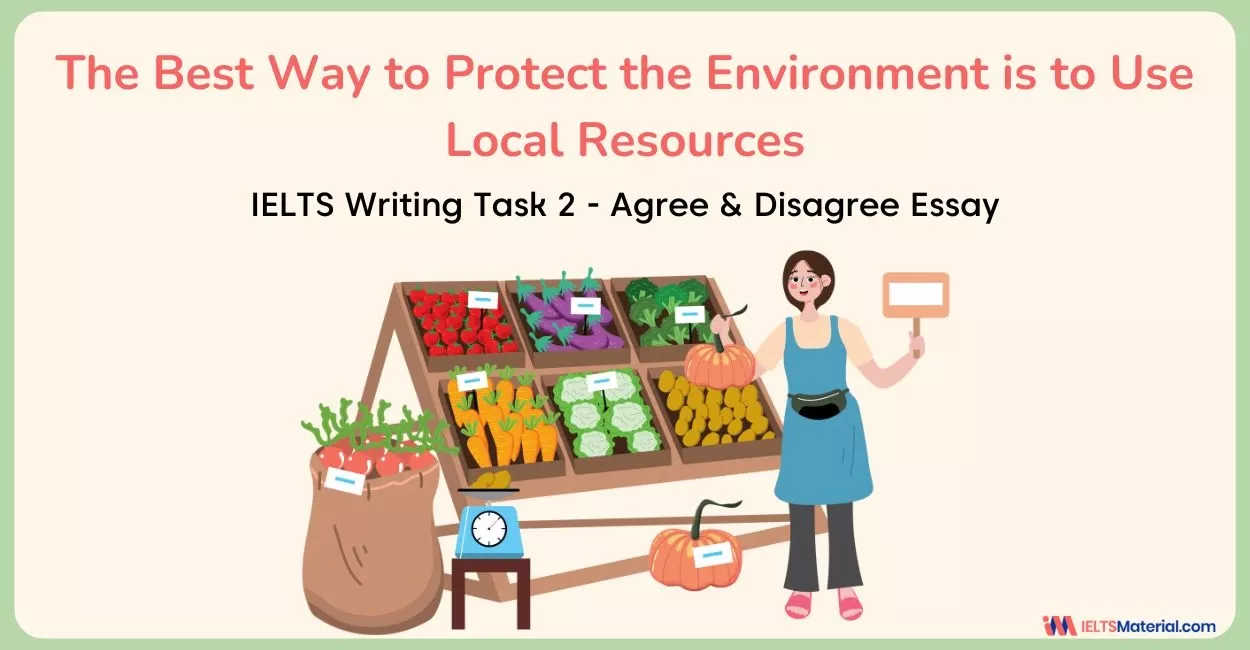IELTS Writing Task 2 Argumentative Essay Topic : Historical Objects Should Be Brought Back To Their Country Of Origin
Access the IELTS Writing Task 2 Argumentative Essay Topic : Historical Objects Should Be Brought Back To Their Country Of Origin along with the Sample Answers of band 7, 8, 9 and familiarize yourself with the strategies and the structure to get a band 8+.
Table of Contents
- Strategies for IELTS Writing Task 2 Argumentative Essay Topic : Historical Objects Should Be Brought Back To Their Country Of Origin
- Structural Breakdown for IELTS Writing Task 2 Argumentative Essay Topic : Historical Objects Should Be Brought Back To Their Country Of Origin
- Band 7 Sample Answer For IELTS Writing Task 2 Argumentative Essay Topic : Historical Objects Should Be Brought Back To Their Country Of Origin
- Band 8 Sample Answer For IELTS Writing Task 2 Argumentative Essay Topic : Historical Objects Should Be Brought Back To Their Country Of Origin
- Band 9 Sample Answer For IELTS Writing Task 2 Argumentative Essay Topic : Historical Objects Should Be Brought Back To Their Country Of Origin

Try AI Essay Checker for Instant Band Score
The IELTS Writing Task 2 requires test-takers to compose a coherent essay in response to a given prompt such as the IELTS Writing Task 2 Argumentative Essay Topic : Historical Objects Should Be Brought Back To Their Country Of Origin. It assesses the ability to write a well-organized and logically developed essay. You will be graded on a scale of 1 to 9, achieving a Band 7, 8, or 9 indicates varying levels of proficiency.
In Agree Disagree Essays in IELTS, candidates express their stance on a statement and support it with relevant arguments. So, honing your essay writing skills effectively is very vital before you appear for the Writing Section. Therefore, start preparing with sample essays as it helps to develop your essay writing skills and secure a high score in the test.
Let's get started!
Connect with our IELTS Experts to crack your IELTS Writing and ace the exam with a band 8+! Book a Free Demo.
Strategies for IELTS Writing Task 2 Argumentative Essay Topic : Historical Objects Should Be Brought Back To Their Country Of Origin
To earn IELTS Band Score of 8+, a candidate must implement strategies to enhance their organisation skills, clarity of ideas, appropriate vocabulary, and sentence structures. By applying strategies, you will be developing the writing skills which are of utmost importance for a very high score in this section. Below are a few ways through which one can accomplish IELTS Writing Task 2 Argumentative Essay Topic : Historical Objects Should Be Brought Back To Their Country Of Origin.
- Before writing the essay, always have your thoughts or ideas planned. This would bring organisation to the thinking process so that writing the essay based on ideas would become very clear in a logical flow.
- As you write the body paragraphs, you must mention the specific reasons for your justification of your opinion. Explain the reasons in depth but remember that too much elaboration can confuse the arrangement of ideas and your score would be affected. Hence, it is good to stay within the word limit of IELTS Writing Section and carefully track how long your essay is.
- Brainstorm your ideas and always put the timer on while you start writing your essay before going through sample answers. You can then mend the issues identified when going through sample answers and create a structure breakdown of the same. This would bolster your confidence and you will surely be aware of your areas of improvement.
- The essay should contain more complex sentences with all the tenses in their correct forms. Therefore, it is necessary to acquire the knowledge of the key topics from IELTS Grammar.
- Always write your essay in 4-5 paragraphs where there must be an introduction, two body paragraphs, and a conclusion. To score moe in this module, it is vital that you follow the structure.
- Always incorporate IELTS Vocabulary to note down the specific words for different topics. Since you will be assessed on the parameter of lexical resource, you need to have the knowledge to use the appropriate words.
Question - IELTS Writing Task 2 Argumentative Essay Topic : Historical Objects Should Be Brought Back To Their Country Of Origin
| You should spend about 40 minutes on this task.
It is often argued by many that historical objects should be brought back to their country of origin. To what extent do you agree or disagree? You should write at least 250 words. |
Structural Breakdown for IELTS Writing Task 2 Argumentative Essay Topic : Historical Objects Should Be Brought Back To Their Country Of Origin
Always remember to have a structure breakdown before you start writing the essay. This will help you enhance your skills and also guide you through the ideas which you have brainstormed. However, it is important that you follow the pattern before writing the IELTS Writing Task 2 Argumentative Essay Topic : Historical Objects Should Be Brought Back To Their Country Of Origin. Below is the structural breakdown which will help you to follow it as you attempt to write.
|
Introduction
Body Paragraph 1
Body Paragraph 2
Conclusion
|
Get the Tips & Tricks for cracking IELTS and get started with your IELTS preparation for a band 8+!
Band 7 Sample Answer For IELTS Writing Task 2 Argumentative Essay Topic : Historical Objects Should Be Brought Back To Their Country Of Origin
The question of whether historical objects should be sent back to their home countries is a bit tricky. I think it’s important to keep in mind both sides of the argument. While it makes sense to return artifacts to their original countries for cultural reasons, we also have to think about the role of museums in taking care of these items and showing them to people worldwide.
Sending back historical artifacts is often seen as a way to make things right, especially when these items were taken during times of colonization. It’s like giving back a piece of a country’s history that was unfairly taken away. For instance, when the Elgin Marbles were returned to Greece recently, people there celebrated because it felt like reclaiming a part of their past.
On the other hand, museums argue that they’re like protectors of these artifacts. They say that by keeping these objects, they can make sure they’re preserved well and can be seen by people from all over the world. Take the British Museum, for example – it draws millions of visitors who might not be able to travel to where the artifacts originally came from.
In my view, it’s a balancing act. Yes, we want to respect countries’ rights to their history, but we also have to think about the positive side of sharing these artifacts globally. Finding a middle ground where some items are returned, but others are kept in museums with good intentions, could be the way forward. This way, everyone gets a chance to connect with history, and we don’t lose the educational benefits of having these artifacts accessible to people from different places.
Band 7 Vocabulary - IELTS Writing Task 2 Argumentative Essay Topic : Historical Objects Should Be Brought Back To Their Country Of Origin
- Tricky
Meaning: not easy; requiring careful consideration.
Example: The question of repatriating historical objects is a bit tricky, with different perspectives to consider.
- Unfairly taken away
Meaning: removed without justice or proper consideration.
Example: Repatriating artifacts can feel like giving back a piece of a country’s history that was unfairly taken away.
- Celebrated
Meaning: marked with festivities or joyous events.
Example: The return of the Elgin Marbles to Greece was celebrated as a significant cultural event.
- Protectors
Meaning: individuals or entities that safeguard and care for something.
Example: Museums see themselves as protectors of historical artifacts, ensuring their preservation.
- Preserved well
Meaning: kept in good condition over time.
Example: Museums claim that by keeping artifacts, they can ensure they are preserved well for future generations.
- Balancing act
Meaning: finding a compromise between different perspectives or needs.
Example: Addressing repatriation is a balancing act between respecting countries’ rights and the benefits of global sharing.
- Middle ground
Meaning: a position between extremes; a compromise.
Example: Finding a middle ground on repatriation involves considering the interests of both countries and museums.
Enroll into our Free IELTS Webinar and learn more about techniques to improve your writing skills to achieve a band 8+.
Band 8 Sample Answer For IELTS Writing Task 2 Argumentative Essay Topic : Historical Objects Should Be Brought Back To Their Country Of Origin
The discourse surrounding the repatriation of historical artifacts is intricate and necessitates a comprehensive understanding of ethical, cultural, and pragmatic dimensions. While I concede the ethical imperative to return cultural treasures, my position is nuanced, arguing for a balanced approach that appreciates the responsibilities of custodial institutions and the potential advantages of maintaining global accessibility.
The ethical standpoint supporting repatriation rests on the idea of rectifying historical injustices. Numerous artifacts were acquired during periods of colonization, prompting questions about the ethical legitimacy of their current possession. Advocates for repatriation argue that returning these items is a step towards correcting historical wrongs and fostering a more just global cultural landscape.
However, custodial institutions, often possessing considerable expertise and resources, assert their role as global custodians. The Louvre in Paris, for example, meticulously cares for an extensive collection, ensuring preservation and accessibility to millions of visitors worldwide. The potential isolation of these treasures from a global audience, if repatriation is not approached judiciously, raises concerns about restricting their educational impact.
In conclusion, the repatriation of historical objects is justifiable on ethical grounds, but a cautious and balanced approach is crucial. Recognizing the rights of nations to their cultural heritage and appreciating the global role of custodial institutions ensures a more holistic perspective. By navigating this complex terrain thoughtfully, we can preserve and appreciate historical artifacts while fostering a comprehensive understanding of our shared human history. (Word Count: 233)
Band 8 Vocabulary - IELTS Writing Task 2 Argumentative Essay Topic : Historical Objects Should Be Brought Back To Their Country Of Origin
- Necessitates
Meaning: makes something necessary or required.
Example: The intricacy of the repatriation discourse necessitates a nuanced understanding of various dimensions.
- Comprehensive
Meaning: including all or nearly all elements or aspects.
Example: A comprehensive approach is required to grasp the complexity of the repatriation debate.
- Nuanced
Meaning: characterized by subtle shades of meaning or expression.
Example: A nuanced perspective allows for a more thorough analysis of the repatriation issue.
- Pragmatic
Meaning: dealing with things sensibly and realistically.
Example: Pragmatic considerations are crucial when formulating a balanced approach to repatriation.
- Legitimacy
Meaning: conformity to the law or to rules.
Example: Questions about the legitimacy of possessing certain artifacts prompt the repatriation debate.
- Judiciously
Meaning: with good judgment or sense.
Example: Approaching repatriation judiciously involves considering both ethical and practical aspects.
- Isolation
Meaning: the process or fact of being isolated or being isolated.
Example: The potential isolation of artifacts from a global audience is a concern in the repatriation discourse.
- Holistic perspective
Meaning: a comprehensive and interconnected view of a subject.
Example: A holistic perspective on repatriation considers both ethical and global implications.
Prepare with the Common IELTS Essay Topics for Writing Task 2 and take a step towards achieving a band 8+.
Band 9 Sample Answer For IELTS Writing Task 2 Argumentative Essay Topic : Historical Objects Should Be Brought Back To Their Country Of Origin
The debate surrounding the repatriation of historical artifacts is emblematic of the broader discourse on cultural ownership, ethics, and the role of institutions in a globalized world. I emphatically agree that, in principle, historical objects should be returned to their countries of origin. This stance is grounded in the principles of justice, self-determination, and the acknowledgment of the intrinsic value of cultural heritage.
At the heart of the argument for repatriation lies the pursuit of justice. Many historical artifacts were acquired through coercion, colonization, or outright theft during periods of imperial expansion. Returning these items is not merely a symbolic gesture but an essential step toward rectifying historical injustices. The Elgin Marbles, for instance, stand as a stark reminder of the plunder of cultural treasures, and their return to Greece in 2021 was a triumph for justice and national pride.
Moreover, the principle of self-determination is paramount. Nations have the right to control and preserve their cultural heritage, free from external influence. Repatriation empowers nations to reclaim their history, fostering a sense of identity and agency. The return of the Rosetta Stone to Egypt in 1802 was a pioneering act that set the precedent for acknowledging the autonomy of nations in managing their cultural legacies.
While acknowledging the importance of institutions as custodians of global heritage, their role should be one of facilitation rather than possession. Advanced technologies, such as virtual museums and collaborative research initiatives, can ensure that the global community retains access to these artifacts. The Louvre, for example, can play a pivotal role in digital archiving and facilitating scholarly collaboration while allowing artifacts to be physically returned to their countries of origin.
In conclusion, the repatriation of historical artifacts aligns with principles of justice, self-determination, and cultural autonomy. A balanced approach involves leveraging technological advancements to maintain global accessibility while honoring the rightful ownership and stewardship of nations over their cultural treasures. (Word Count: 315)
Band 9 Vocabulary - IELTS Writing Task 2 Argumentative Essay Topic : Historical Objects Should Be Brought Back To Their Country Of Origin
- Emblematic
Meaning: serving as a symbol or representative of a particular quality or concept.
Example: The repatriation debate is emblematic of broader discussions on cultural ownership and ethics.
- Justice
Meaning: the quality of being fair and reasonable, especially in the distribution of resources or opportunities.
Example: Law is a pursuit of justice, rectifying historical wrongs, and ensuring fairness.
- Self-determination
Meaning: the right of a nation or people to govern themselves independently.
Example: The principle of self-determination, allowing nations control over their cultural heritage.
- Intrinsic value
Meaning: the inherent worth or importance of something.
Example: The movement recognizes the intrinsic value of cultural heritage to its country of origin.
- National pride
Meaning: a sense of pride and identity associated with one’s nation.
Example: The return of cultural artifacts can bolster national pride, acknowledging a nation’s rich history.
- Autonomy
Meaning: the ability of a nation or individual to make independent decisions.
Example: Nations grants the autonomy to manage and preserve their cultural legacies.
- Pioneering act
Meaning: a groundbreaking or innovative action that sets a precedent.
Example: The return of the Rosetta Stone to Egypt was a pioneering act in the history of repatriation.
- Stewardship
Meaning: the responsible management and care of something entrusted to one’s care.
Example: Nations are entrusted with the stewardship of their cultural treasures through repatriation.
- Global accessibility
Meaning: the extent to which something is available and can be reached worldwide.
Example: Technological advancements contribute to global accessibility, allowing virtual access to cultural artifacts.
Grab the Vocabulary for IELTS (Essential words for popular topics in IELTS) and ace the IELTS exam!
Did you attempt the essay? Always keep in mind to express your opinion clearly and back it with explanation and relevant examples, which are arranged in a well-defined way. Remember to check for coherence and the correct use of vocabulary. By learning the structures, you will succeed in doing well on Task Response, which will take you toward a Band 8+ score in the IELTS Exam. Don't stop here and continue with the flow while honing your writing skills and preparing yourself towards achieving your desired band scores.
More Writing Task 2 Topics:
Also check :
Explore IELTS Writing

Start Preparing for IELTS: Get Your 10-Day Study Plan Today!
Explore other Writing Task 2 Actual Tests


Recent Articles
Haniya Yashfeen

Kasturika Samanta








Post your Comments